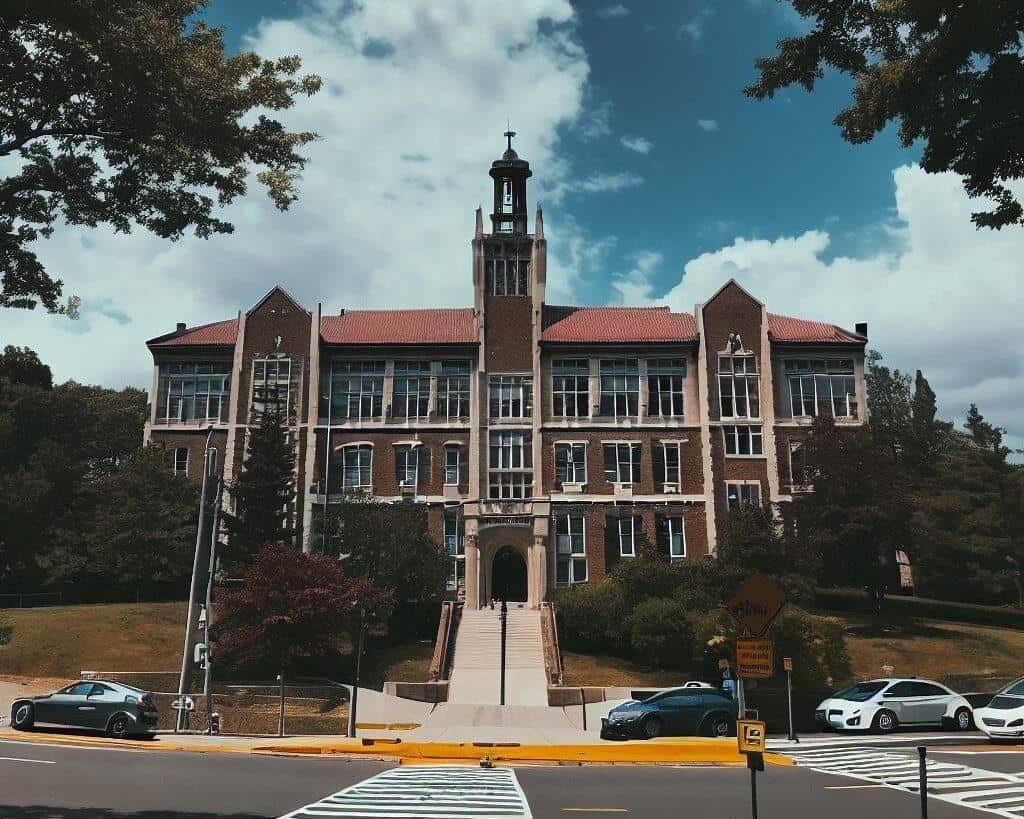High school is an important time for students to explore their interests, develop their skills, and begin thinking about their future careers. In this article, we’ll discuss various ways high school students can explore different career paths and prepare for their future, including internships, job shadowing, volunteering, extracurricular activities, and more.
1. Internships and Job Shadowing
What Are Internships and Job Shadowing?
Internships are short-term, often unpaid work experiences that provide students with the opportunity to gain practical experience in a field of interest. Job shadowing, on the other hand, involves observing professionals in their work environment to gain insight into their daily tasks and responsibilities.
Benefits of Internships and Job Shadowing
- Gain practical experience: Internships and job shadowing allow students to gain hands-on experience in their chosen field, helping them develop skills and knowledge that can be beneficial for future job applications or college admissions.
- Networking opportunities: Internships and job shadowing can help students make valuable connections with professionals in their field of interest, opening up potential opportunities for future employment or mentorship.
- Clarify career goals: These experiences can help students understand what a particular career entails, enabling them to make more informed decisions about their future educational and career goals.
2. Volunteering and Community Service
What Is Volunteering and Community Service?
Volunteering and community service involve donating time and effort to support a cause, organization, or individual in need. High school students can volunteer at local non-profit organizations, hospitals, schools, or other community-based organizations.
Benefits of Volunteering and Community Service
- Develop skills: Volunteering can help students develop valuable skills, such as leadership, communication, teamwork, and problem-solving.
- Explore career options: By volunteering in various organizations and settings, students can gain exposure to different career paths and potentially discover new areas of interest.
- Build a strong resume: Volunteer work can make a student’s resume stand out to college admissions officers and potential employers, demonstrating commitment, dedication, and a strong work ethic.
3. Extracurricular Activities and Clubs
What Are Extracurricular Activities and Clubs?
Extracurricular activities and clubs are organized programs and groups that high school students can participate in outside of their regular coursework. These can include sports teams, academic clubs, art programs, and more.
Benefits of Extracurricular Activities and Clubs
- Develop interests and passions: Extracurricular activities and clubs allow students to explore their interests and develop their passions in a structured and supportive environment.
- Build teamwork and leadership skills: Participation in extracurricular activities can help students develop valuable teamwork and leadership skills, which are important for future success in the workplace and beyond.
- Expand social connections: Joining clubs and participating in activities can help students make new friends and expand their social network, providing opportunities for personal growth and development.
4. Career and College Fairs
What Are Career and College Fairs?
Career and college fairs are events where representatives from various colleges, universities, trade schools, and career fields gather to provide information and answer questions. These fairs can be an excellent opportunity for high school students to learn about different educational and career options.
Benefits of Career and College Fairs
- Explore educational opportunities: Students can learn about various educational institutions and their programs, helping them make informed decisions about their post-high school plans.
- Discover career options: Career fairs offer the chance to learn about different industries and professions, enabling students to explore potential career paths.
- Networking opportunities: Attending career and college fairs can provide students with the opportunity to connect with professionals, college representatives, and other students who share their interests.
5. Online Research and Career Assessments
What Are Online Research and Career Assessments?
Online research involves using the internet to explore career options, educational requirements, and job prospects. Career assessments are tests designed to help individuals identify their strengths, interests, and potential career paths.
Benefits of Online Research and Career Assessments
- Identify interests and strengths: Career assessments can help students gain insight into their unique interests and strengths, which can be helpful in determining suitable career paths.
- Learn about various careers: Online research allows students to explore a wide range of careers, industries, and job opportunities, providing a comprehensive understanding of the job market and potential career paths.
- Develop realistic expectations: By researching the educational requirements and job prospects for various careers, students can develop a realistic understanding of what it takes to achieve their career goals.
6. Informational Interviews
What Are Informational Interviews?
Informational interviews are informal conversations with professionals in a student’s field of interest. These interviews can help students learn more about specific jobs, industries, and career paths.
Benefits of Informational Interviews
- Gain insider knowledge: Informational interviews provide students with the opportunity to gain firsthand knowledge about a particular career or industry from someone who has experience in the field.
- Build networking connections: Conducting informational interviews can help students expand their professional network and establish relationships with potential mentors or future employers.
- Clarify career goals: Speaking with professionals in a specific field can help students refine their career goals and better understand the steps they need to take to achieve them.
In conclusion, exploring career paths as a high school student is an essential step in preparing for a successful future. By participating in internships, job shadowing, volunteering, extracurricular activities, attending career and college fairs, conducting online research, taking career assessments, and engaging in informational interviews, students can gain valuable insights and experiences that will help them make informed decisions about their educational and career goals.
Table of Contents

